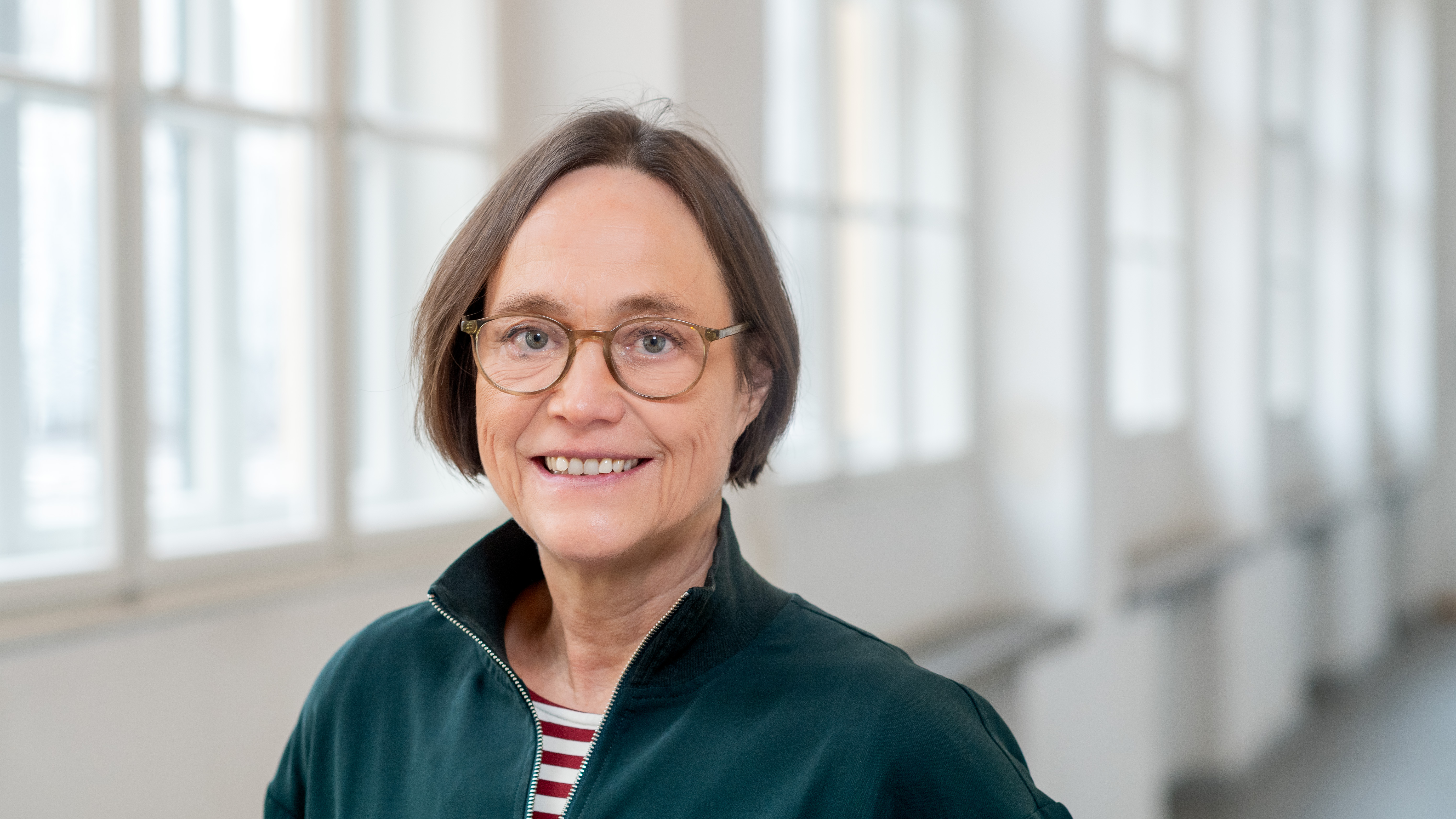May 28, 2024
Scientific "Autocracy" in Times of Climate Crisis?
- 14:00 to 15:30
- Institute's Colloquium
- Lise Meitner Research Group
- Silke Beck (TU-München)
Human-induced climate change is one of the defining crises of the twenty-first century. Most public discussions about climate change present a sense of ongoing crisis, a process that combines all of us into a catastrophic future that requires immediate and radical decisions. To demonstrate this crisis there is much talk to unite behind "the science," which in turn is used to promote technocratic politics. People who don’t follow science are called deniers.
This talk explores emerging forms of scientific autocracy (Peter Strohschneider) in response to the climate crisis. It invites a critical stocktaking of the state of research in social sciences as well as the achievements of the Intergovernmental Panel on Climate Change. It illustrates how authoritative expert panels narrow the political horizon of possibilities to tunnel visions such as Negative Emission Technologies and unanimously legitimize them in the name of science as necessary and without alternative. It reconstructs how this no-alternative narrative resonates scientific activism and populist movements. Against this background, the talk invites us to rethink the roles and responsibilities of experts in the face of the "climate crisis."
Biography
Contact and Registration
The MPIWG Institute’s Colloquium 2023–24 is open to all. Academics, students, and members of the public are all welcome to attend, listen, and participate in the discussion. This is an online-only event. To register, please use the following link:
https://eu02web.zoom-x.de/meeting/register/u5wsdOqtqjsjG9aXQ2ATVmQrw321RNperTrS

